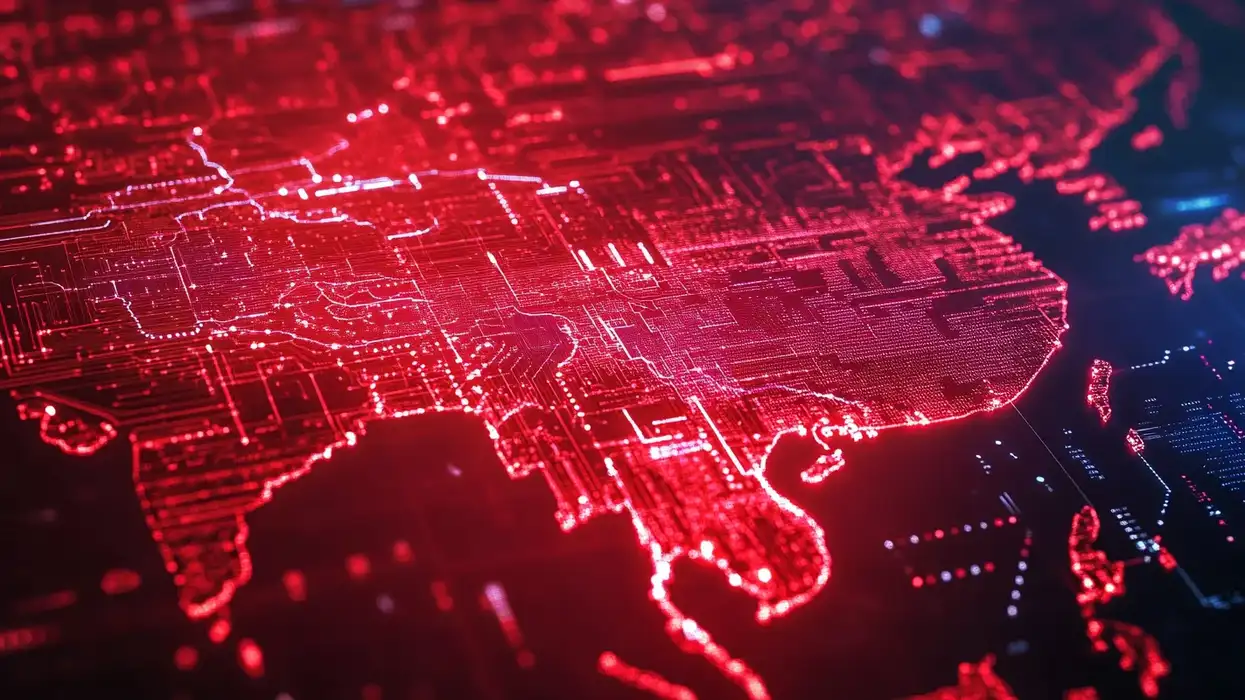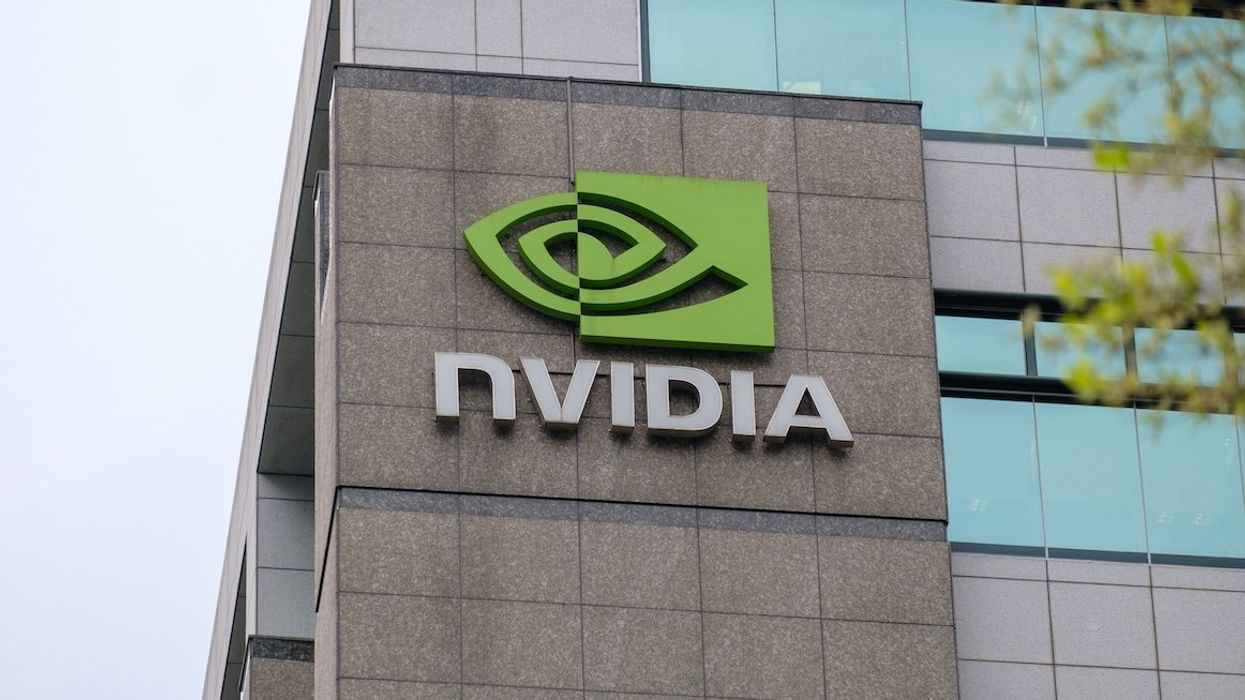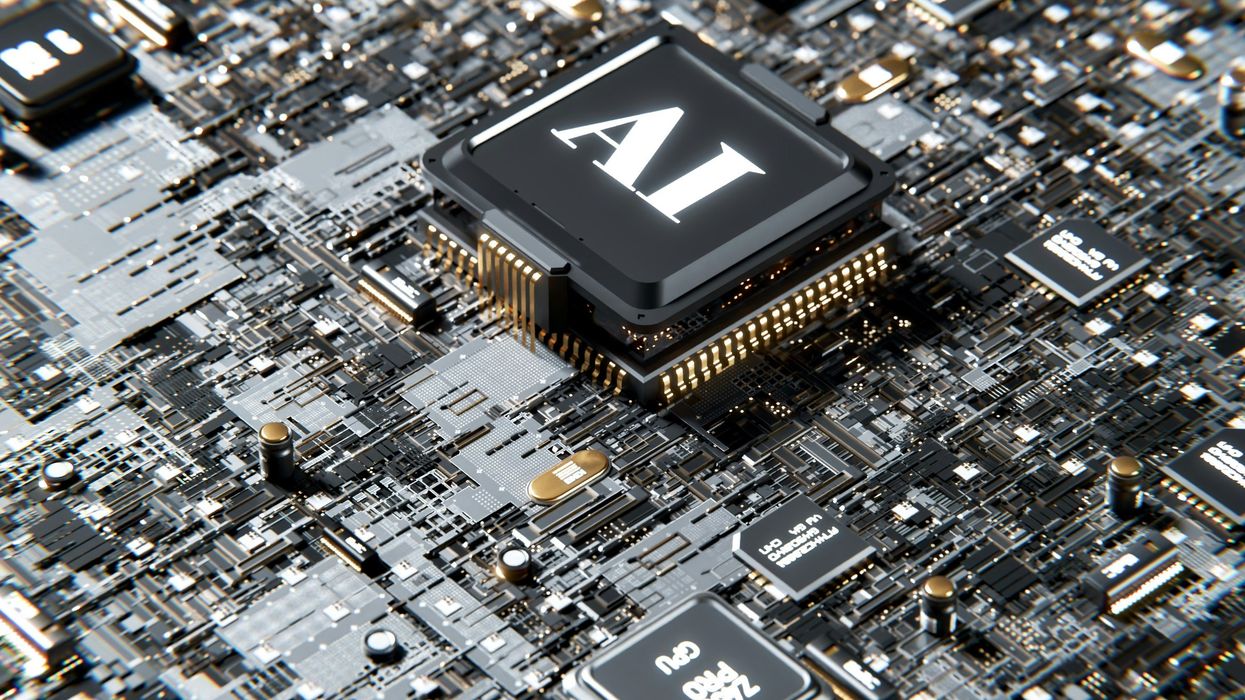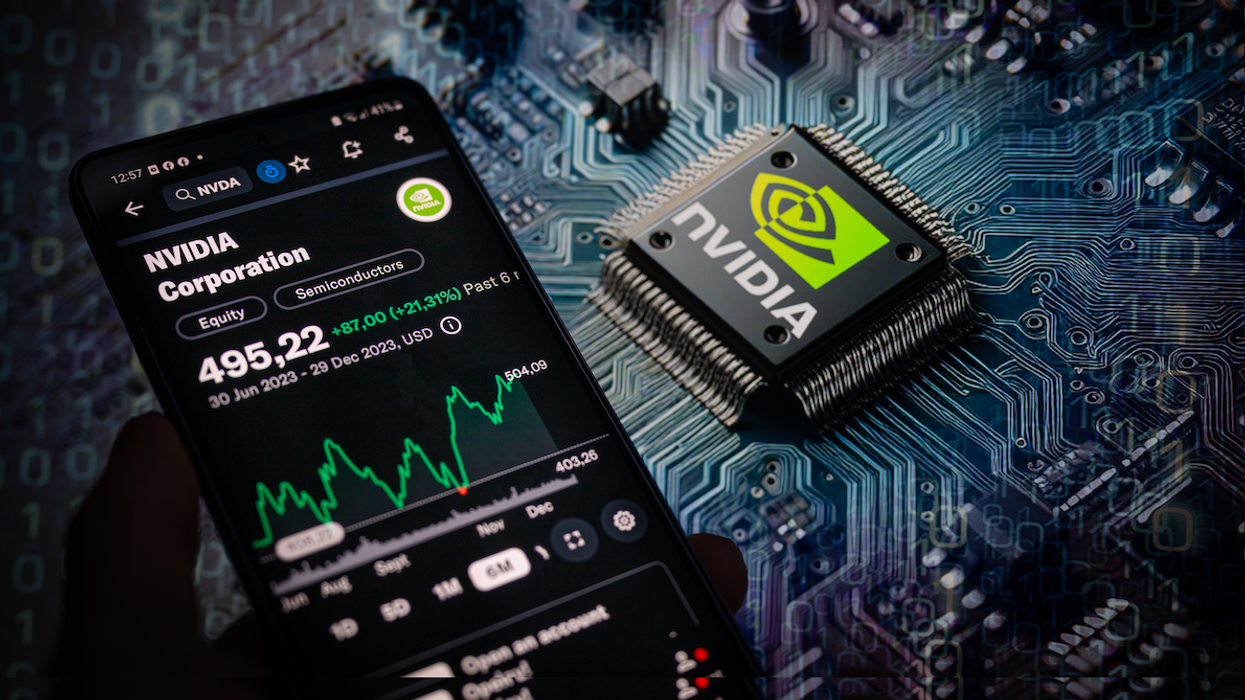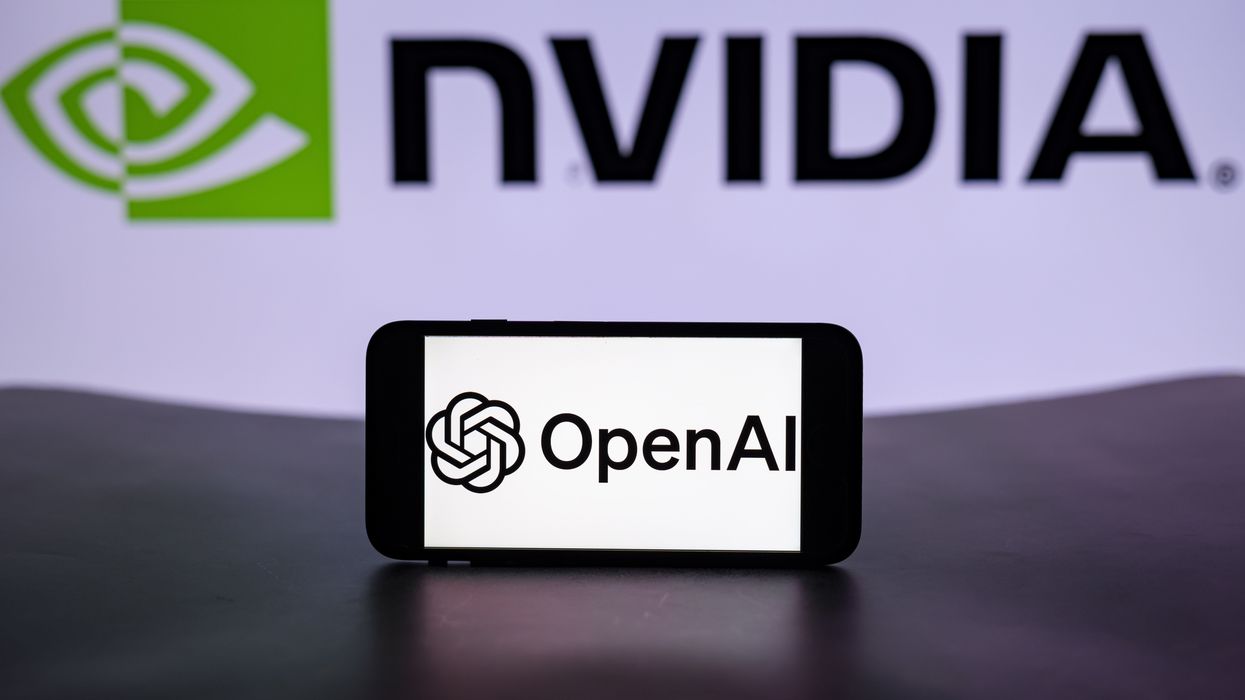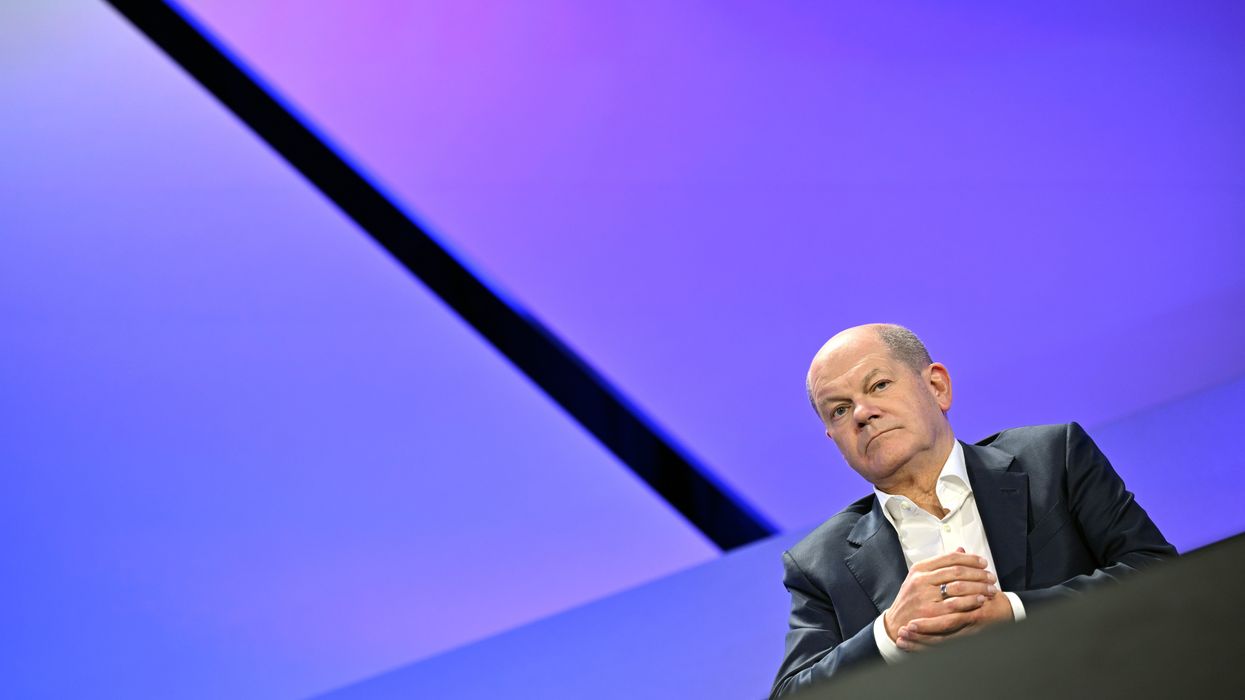GZERO AI
How DeepSeek changed China’s AI ambitions
Just a few short months ago, Silicon Valley seemed to have the artificial intelligence industry in a chokehold. Startups OpenAI and Anthropic blazed the trail on large language models while Google, Meta, Microsoft, and other tech incumbents invested billions to keep up. But when the Chinese startup DeepSeek released its AI models in January, claiming they matched American ones in performance at much cheaper prices to develop, the US lead was suddenly called into question.
Mar 25, 2025
